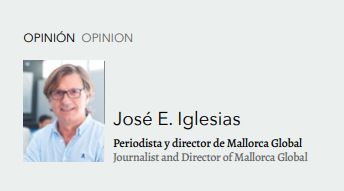
Dear reader, we meet again, for which we are most grateful. If you are there and we are here, it means that our goal has once again been achieved: to offer a current news product that you can stop your social clock and enjoy reading, to relax, inform yourself, educate yourself, share your thoughts and nourish your critical sense. The fact that an independent magazine of general information and opinion such as Mallorca Global Mag continues to appear on the streets is an indisputable indication that journalists, columnists, readers and advertisers are still on the same wavelength. I welcome this and recommend that you read it unhurriedly, pausing in the many corners of its pages, letting it rest and returning to it later; you will see that there is more life here than might appear at first glance.
We open this issue by looking at the sky, which is where the real dangers can come from, according to the images we all have embedded in our brains: the flashes against dark backgrounds of skylines on closed nights and sirens breaking the silence of some Arab or Western city, be it Kiev, Gaza, Teheran, Jerusalem or any other a few thousand kilometres away from us. In this case we look to the sky above Puig Major, to the iconic radar-ball visible from almost all of Mallorca, to talk to its resident par excellence, “the sentinel of the Balearic sky”, commander of the Sóller Air Surveillance Squadron, María Cruz Acero, a military woman who has been involved in international actions and has the responsibility of guarding the airspace of the Western Mediterranean so that we can live in peace. From there, with state-of-the-art technology that is now being updated, they constantly analyse the identities of aircraft and any other flying objects to discern in seconds whether they are friendly or hostile and activate the corresponding protocols.
The interview with Oriol Bonnín in the Careers section, a veteran cardiovascular surgeon of international renown, who continues to work in Palma and who, among many other answers, recommends suspending the diagnoses made by Artificial Intelligence on the results of chest X-rays due to the errors detected, is also worth a quiet read. Bonnín’s level of excellence is indisputable and it is to be welcomed that at a certain point in his career he decided to move from Barcelona to Mallorca, where, even before retiring, we can already say that he leaves behind an extensive and rich professional legacy.
In gastronomy and nutrition, Andreu Palou, professor of Biochemistry and Molecular Biology at the UIB, presents the European food strategy in the face of climate change, after warning us that, in his own words, “for the first time in 200,000 years of human history, we are seriously out of sync with nature and the health of the planet. On Earth, we have already exceeded the limits of resource exploitation and we know that the continued existence of humans and other species is seriously threatened,” he says.
And among many other topics, we talked to the Mallorcan Olympians who will be attending the Paris 2024 Games; Chenoa tells us her impressions of the new OT generation and her recording plans, and the young revelation, composer and singer from Felanitx Maria Hein recommends leaving Mallorca to evolve in the music industry: “If not, you get stuck in the verbenas”.
We hope you enjoy this new edition.
P.S.: The Ljubljana Manifesto
References to the Ljubljana Manifesto for Reading, published at the end of last year, are proliferating everywhere, and it continues to attract the support of respected intellectuals, universities and various organisations and associations. The text defends higher level reading in the digital age as a necessary exercise for the formation and development of individual critical judgement, avoiding commonplaces and reasoning acquired from undemanding media and voices. The need to reverse the downward trend in reading skills, largely caused by screen reading, is a necessary and urgent challenge.
The manifesto notes that “the digital world is likely to encourage reading more than ever before in history, but it also offers many temptations to read superficially and in a scattered way, or even not to read at all. This increasingly threatens deep reading”.
I very much welcome this movement, which I hope will also help to reduce the volume of socio-political shouting and misinformation by distinguishing between valid and invalid sources.


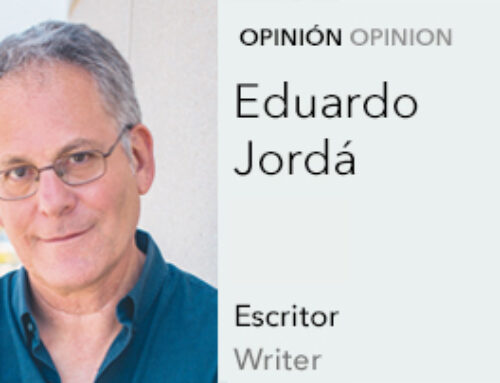
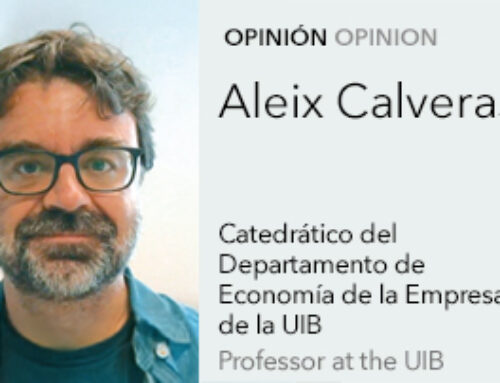
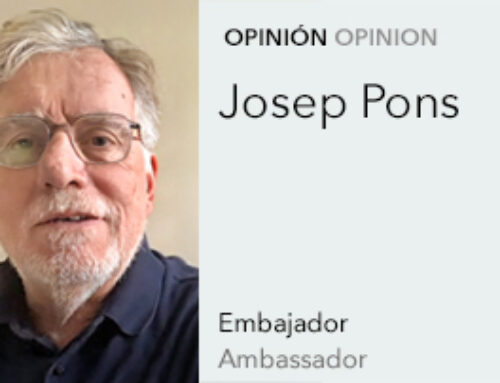
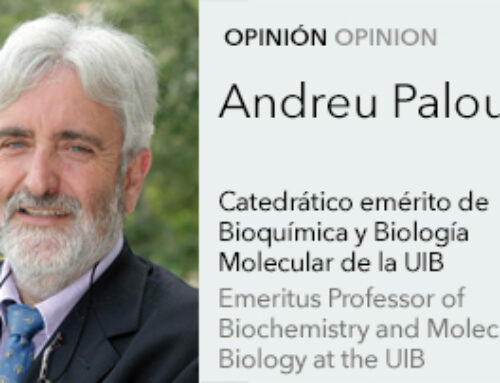
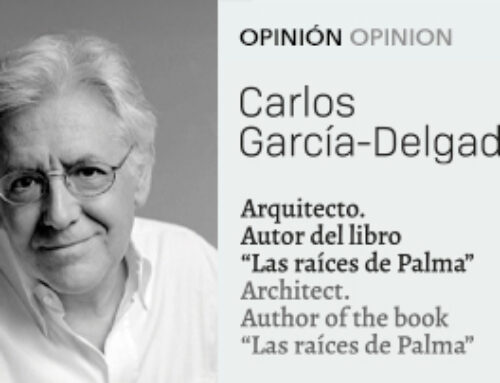

Leave A Comment